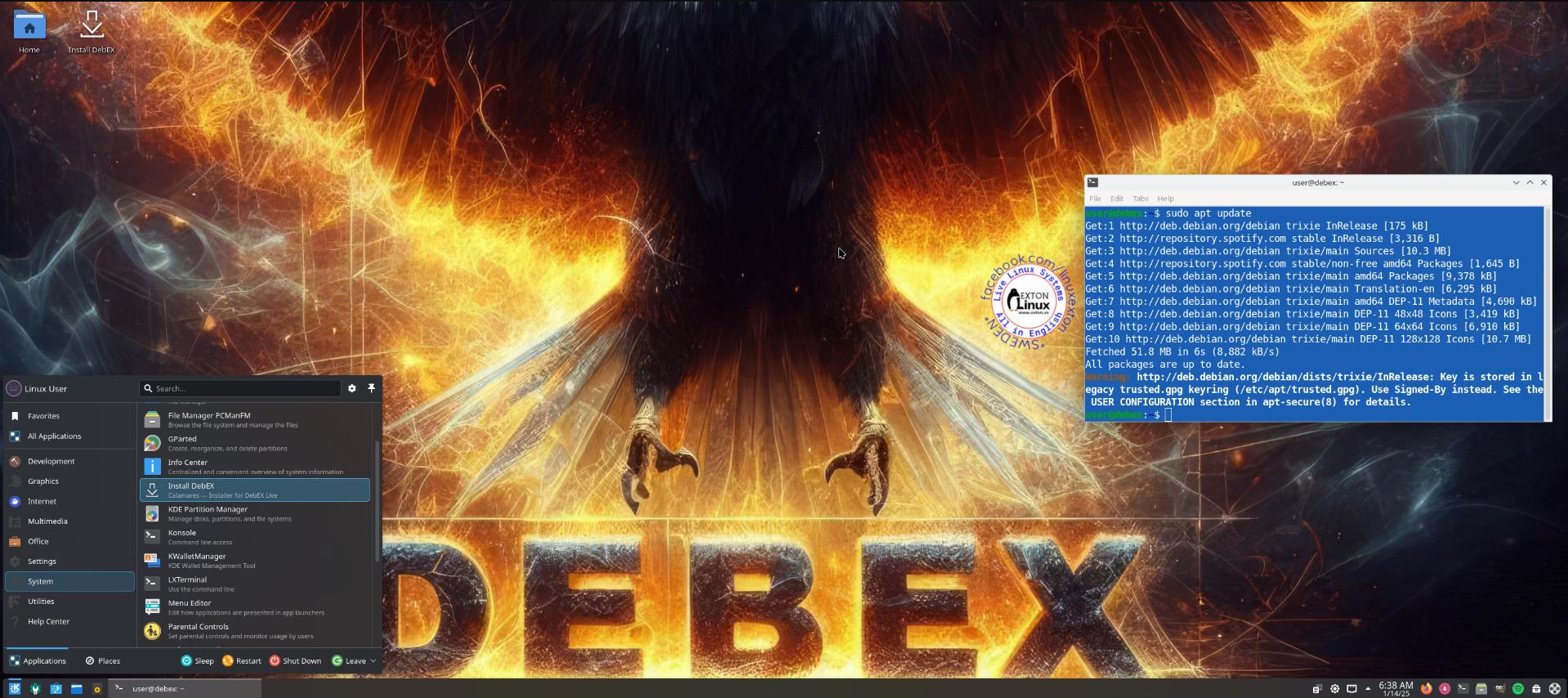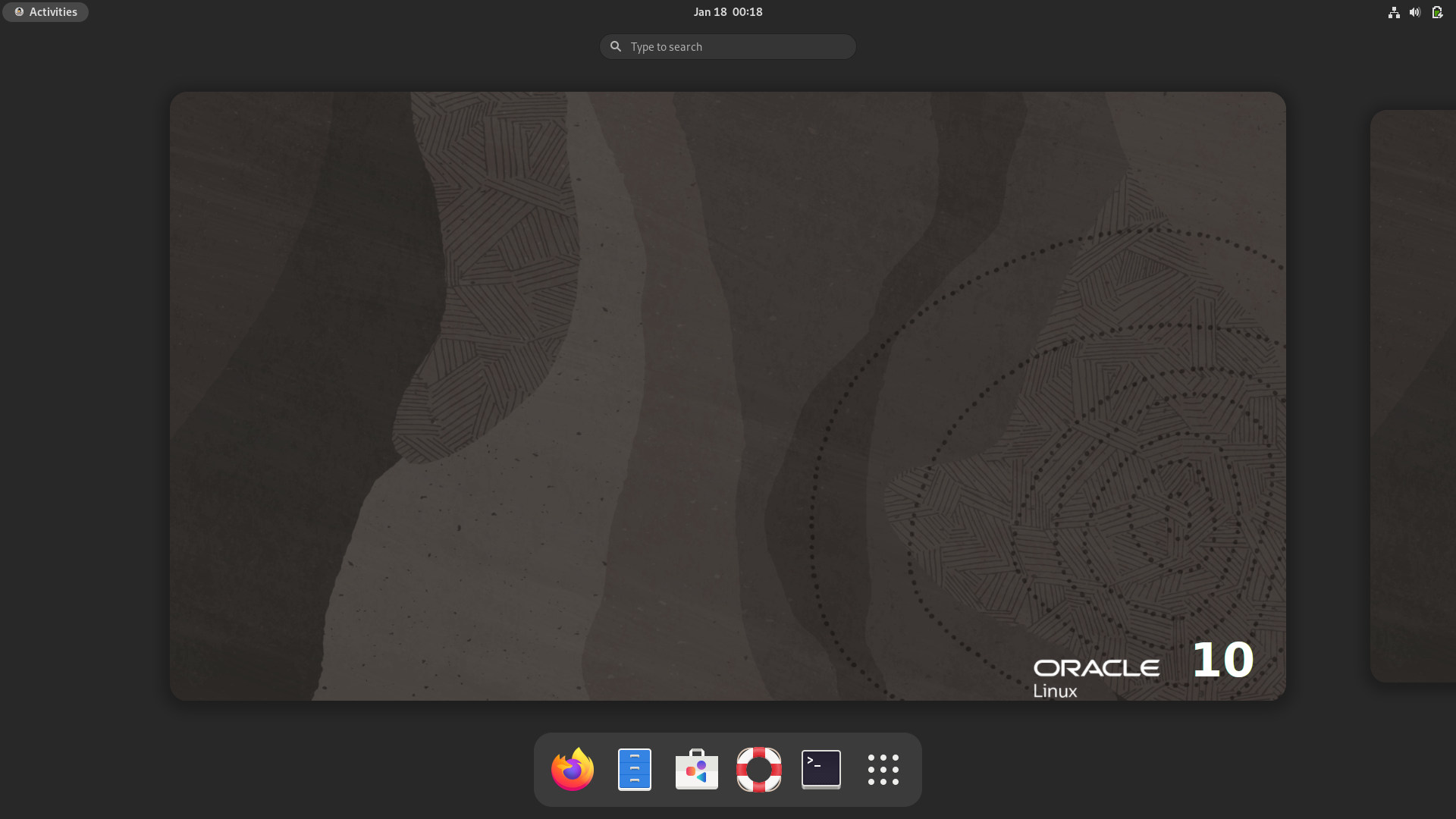Debian Linux stable releases prioritize stability and reliability, which is why they use older, well-tested Linux kernels instead of the latest ones. Here are the main reasons for this approach:
- Stability and Reliability:
- Debian’s stable branch is designed for environments where stability is crucial, such as servers and critical systems. Newer kernels, while having the latest features and improvements, can introduce instability and bugs that haven’t been thoroughly vetted in real-world usage.
- Older kernels have undergone extensive testing and have received numerous bug fixes, making them more reliable for long-term use.
- Compatibility and Security:
- By using older kernels, Debian ensures maximum compatibility with a wide range of hardware and software. Newer kernels might drop support for older hardware or introduce changes that break compatibility with existing software.
- Security is also a priority. Debian backports security fixes to their chosen kernel version, ensuring that it remains secure without the risks associated with newer, less-tested kernels.
- Long-Term Support (LTS):
- Debian stable releases align with Long-Term Support (LTS) versions of the Linux kernel, which are supported for several years. This extended support period is essential for users who need a consistent and secure operating system without frequent major updates.
- LTS kernels receive backported security patches and critical updates, maintaining security and stability over time.
- Conservative Approach:
- Debian follows a conservative approach to updates. This philosophy prioritizes gradual and well-tested updates over rapidly adopting the latest software versions. This helps ensure that the entire ecosystem of packages and dependencies remains consistent and reliable.
- Extensive Testing Process:
- The Debian release process involves a rigorous testing phase where all packages, including the kernel, are thoroughly tested for integration and performance issues. This extensive testing process ensures that by the time a stable release is available, all major issues have been resolved.
Additional Information
For users who require newer kernel features, Debian offers options through:
- Debian Backports: This repository provides newer versions of packages, including the Linux kernel, that can be used with the stable release. These backported packages offer a way to get newer kernel features without compromising the overall stability of the system.
- Debian Testing and Unstable Branches: These branches include more recent software versions and kernels. While less stable than the stable branch, they offer a way to access newer features and improvements.
By maintaining this balance between stability and access to newer features, Debian provides a versatile and reliable operating system that meets the needs of a diverse user base.
For more details, you can visit www.debian.org
Distro
Exton Linux – A Unique Collection of Advanced Linux Distributions
Exton Linux is not just one distribution — it’s a family of cutting-edge Linux-based systems develop…
Distro
Oracle Linux 10 Released – Built for Performance, Security, and Enterprise Stability
Oracle Linux 10 has officially arrived, marking a major milestone in enterprise operating systems. B…

